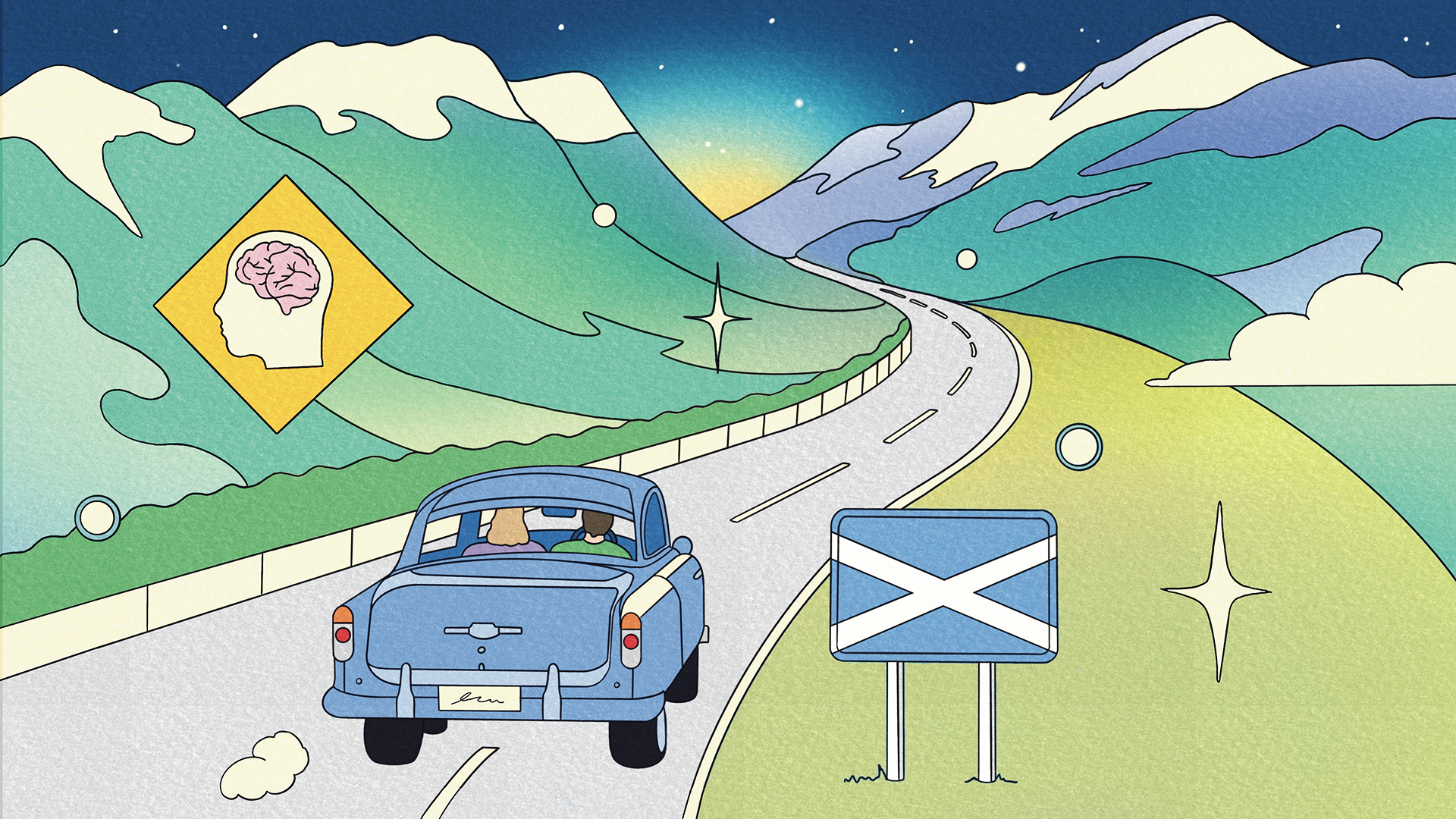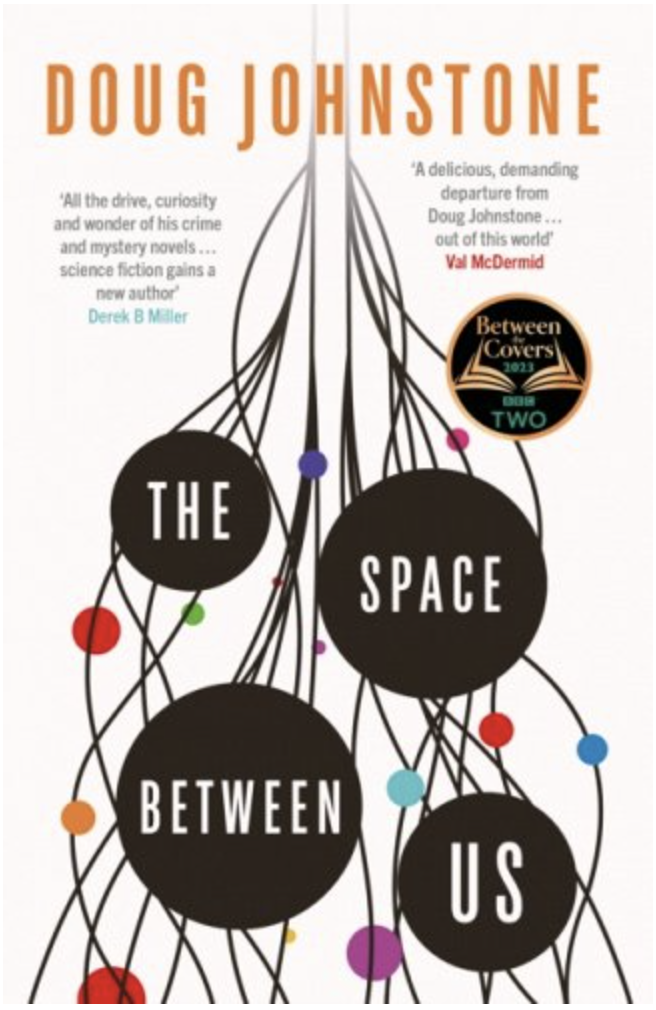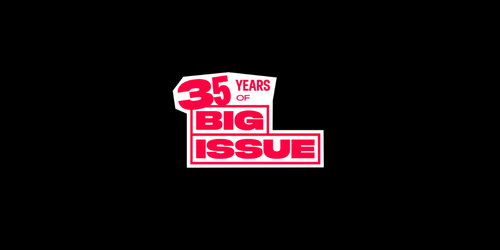Doug Johnstone is an author, musician and long-time Big Issue books critic. Here he describes how suffering a stroke changed his outlook, and his writing.
I had a stroke in early March 2020, three weeks before the world went into Covid lockdown. I was walking up Arthur’s Seat in my home town of Edinburgh when I felt dizzy and had a sudden, pounding headache at the base of my skull. I sat down and vomited on the grass, the city skyline spinning around me. A few hours later at hospital it was confirmed as a moderate cerebellar stroke, a rare type with none of the usual symptoms.
But I was lucky. I only spent a couple of days in the stroke ward and was able to recuperate at home, though my sense of balance was gone and I was prone to extreme headaches and super-sensitive to noise. It was my own little lockdown before everyone else joined me.
My recovery was quick and I was back at my writing desk within a few weeks, much to my own surprise. I know other authors struggled to write during the start of the pandemic, but I revelled in losing myself in fictional worlds. I’ve always used my own personal experiences in my crime novels – from being burgled to car accidents – and I knew that I had to write about my stroke somehow. For some reason crime fiction didn’t seem like the right form, so I turned to science fiction. I’ve been a huge fan of the genre ever since I sat slack-jawed in the cinema watching Close Encounters of the Third Kind as a seven-year-old. That movie really hit me hard – these were ordinary people with ordinary lives; this could happen to me.
Your support changes lives. Find out how you can help us help more people by signing up for a subscription
The movie sparked a lifelong love of science fiction, the films leading to books, from the brilliance of John Wyndham and Iain M. Banks, the vision of Ursula K. Le Guin and Octavia Butler, to current writers like Becky Chambers and Nnedi Okorafor. Which was a tad frustrating, as I have found myself ghettoised as a crime writer.







